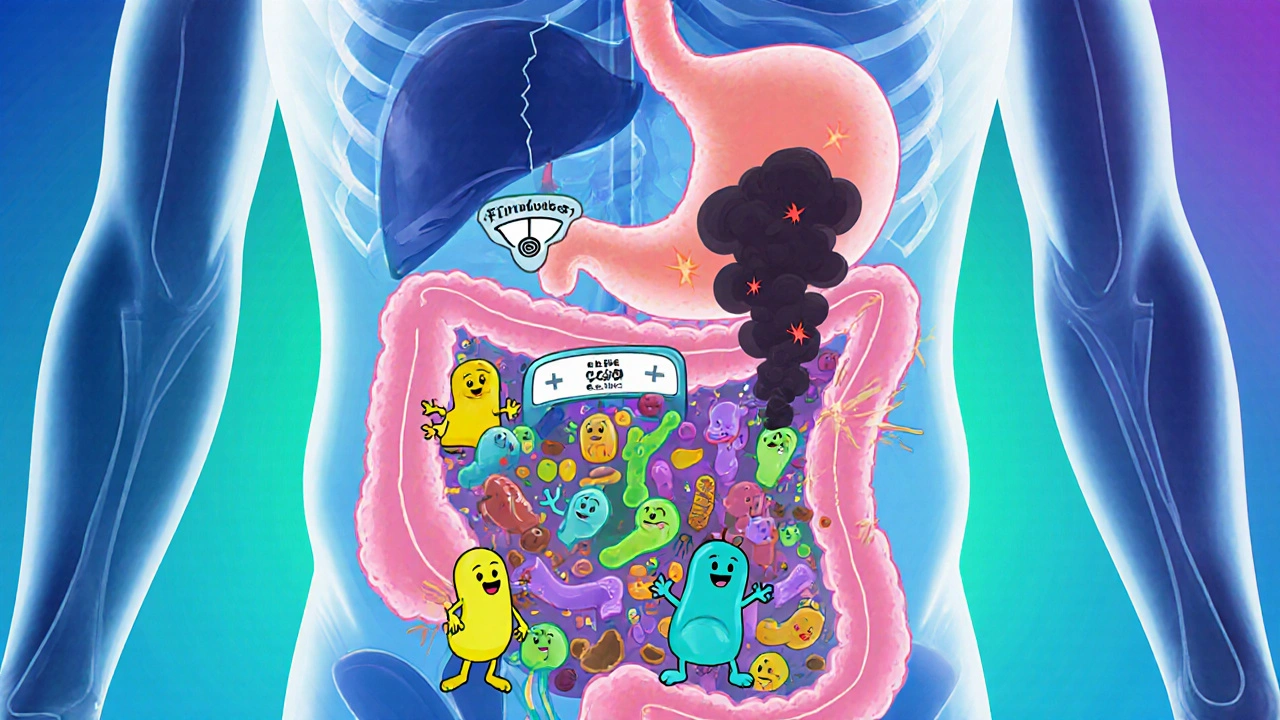Obesity: Causes, Risks, and How Medications Can Help
When we talk about obesity, a chronic condition where excess body fat negatively affects health, often measured by BMI over 30. It's not simply a lack of willpower—it's a medical issue tied to hormones, genetics, and how your body processes food and stores energy. Many people assume obesity is just eating too much and moving too little, but science shows it’s far more complex. Hormones like leptin and ghrelin control hunger, and in people with obesity, these signals often get messed up. Insulin resistance, inflammation, and even gut bacteria play roles too. This is why losing weight and keeping it off is so hard for so many—and why simple advice like "eat less, move more" often fails.
Metabolic health, how well your body manages energy, blood sugar, and fat storage is deeply connected to obesity. Poor metabolic health doesn’t just lead to weight gain—it increases your risk for type 2 diabetes, high blood pressure, fatty liver disease, and even certain cancers. That’s why doctors now treat obesity as a disease, not a lifestyle choice. Medications like semaglutide and liraglutide, originally developed for diabetes, have shown real results in helping people lose significant weight by reducing appetite and slowing digestion. These aren’t magic pills, but they’re powerful tools when combined with lifestyle changes. And yes, they’re not for everyone—side effects, cost, and medical history all matter.
BMI, Body Mass Index, a simple calculation using height and weight is still the most common way to screen for obesity, but it has limits. It doesn’t tell you where fat is stored, and muscle can throw off the number. Two people with the same BMI can have totally different health risks. That’s why doctors look at waist size, blood sugar, cholesterol, and liver enzymes too. If you’re carrying extra weight and have high blood pressure or prediabetes, your body is under stress—even if your BMI is "only" 32.
What you’ll find in these articles isn’t a list of quick fixes. It’s real, practical information about how medications interact with obesity, what side effects to watch for, how to track progress safely, and why some treatments work better for some people than others. You’ll see how drugs like sitagliptin might help with both diabetes and sexual health in men with obesity, how to avoid dangerous drug interactions, and why regular checkups matter more than ever when your weight affects your metabolism. This isn’t about shame or judgment. It’s about giving you the facts so you can make smarter choices—with your doctor, not against them.
Discover how gut microbiota influences obesity and how specific probiotics can support metabolic health. Learn which strains work, why results vary, and how to use them effectively for lasting weight management.

